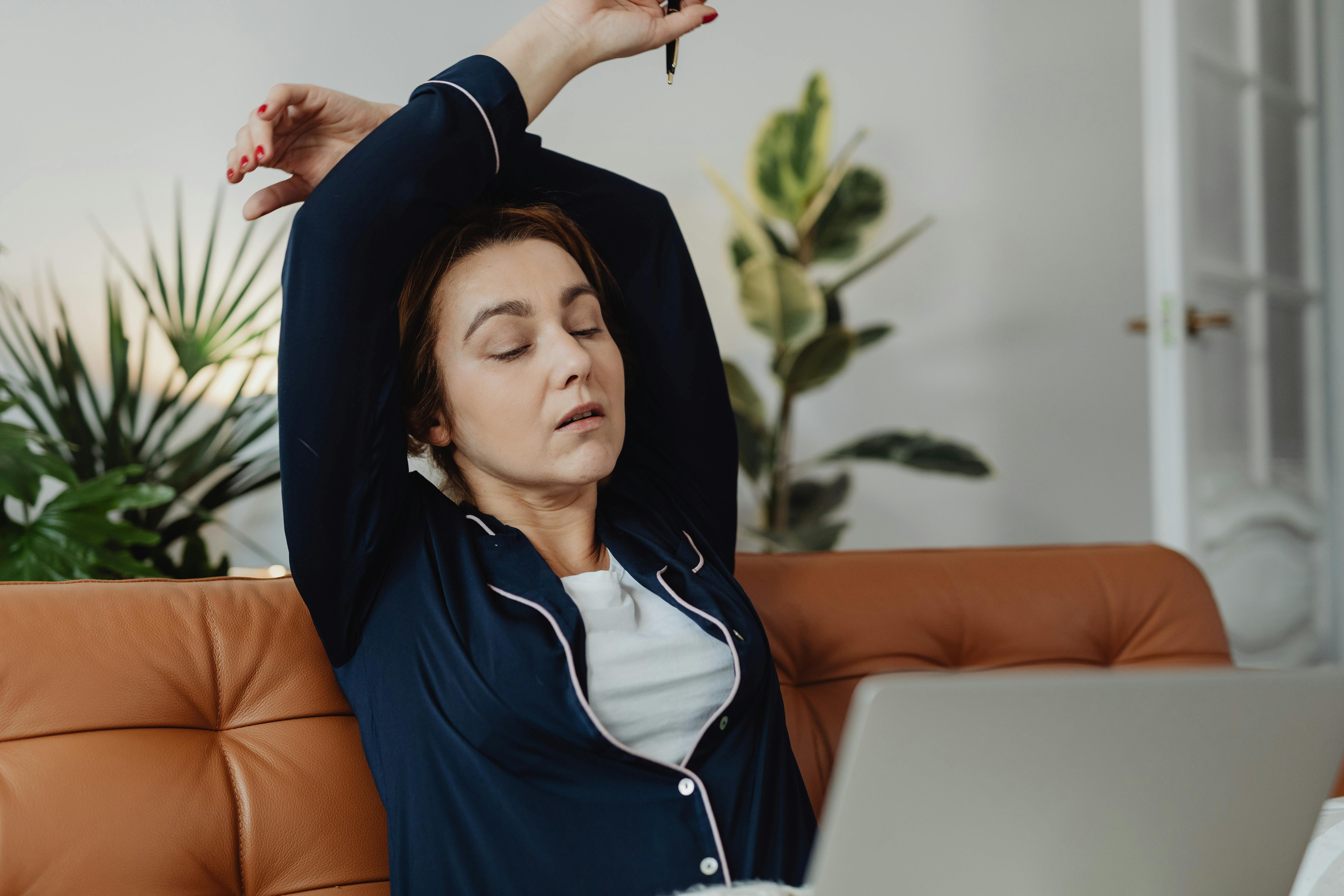10 Unexpected Lifestyle Habits That Are Silently Raising Your Blood Pressure
Sleep Deprivation: The Unseen Agitator

Sleep is a vital component of health, yet many underestimate its impact on blood pressure. Chronic sleep deprivation results in increased sympathetic nervous system activity and higher levels of stress hormones, both of which elevate blood pressure. Moreover, poor sleep quality can lead to conditions like sleep apnea, further exacerbating hypertension. Prioritizing sleep hygiene—such as maintaining a regular sleep schedule, creating a restful environment, and limiting caffeine intake—can help improve sleep quality. Addressing sleep issues not only benefits overall health but also plays a crucial role in maintaining normal blood pressure levels.
The Misleading Comfort of Alcohol

While moderate alcohol consumption is often deemed acceptable, even beneficial, excessive intake can have the opposite effect. Alcohol increases blood pressure by interfering with the blood flow and liver function, leading to increased blood volume and heart rate. Additionally, alcohol can disrupt sleep patterns and contribute to weight gain, both of which are risk factors for hypertension. Understanding the fine line between moderate and excessive drinking is vital. Limiting alcohol consumption to recommended levels—one drink per day for women and two for men—can help prevent its adverse effects on blood pressure.
